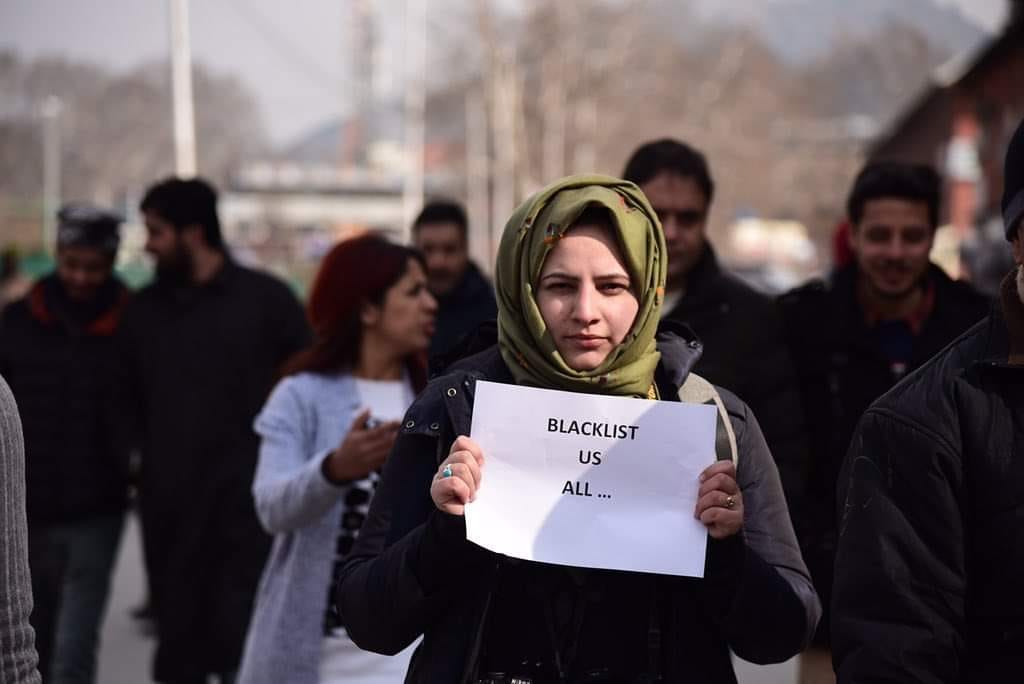Kashmir Diary: Intimidating journalists, Criminalizing Journalism
Arrests, summons continue despite journalism’s highest award

Photo credit: Committee to Protect Journalists
By: Majid Maqbool
Amid frustrating Internet shutdowns that have delayed this report for days, police have renewed attempts to intimidate and harass journalists in the Kashmir region with fresh First Information Reports and summons to police stations – during a coronavirus lockdown and widespread fear of conta…
Keep reading with a 7-day free trial
Subscribe to Asia Sentinel to keep reading this post and get 7 days of free access to the full post archives.
